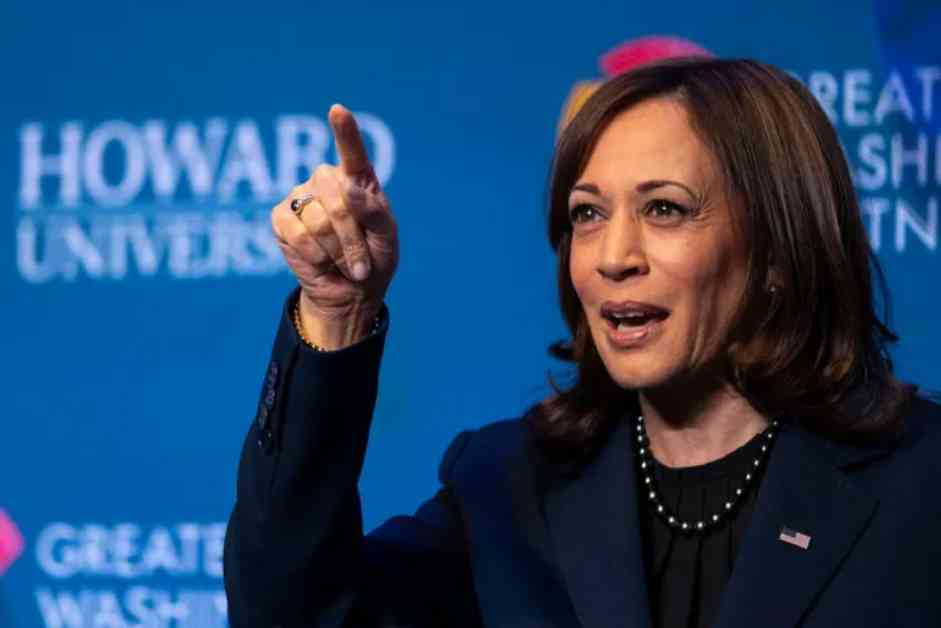The historic nomination of Vice President Kamala Harris as the Democratic Party’s candidate for President of the United States has had a profound impact on Historically Black Colleges and Universities (HBCUs) across the country. Harris, a graduate of Howard University, has become a symbol of success and leadership for students and faculty alike. Her nomination has sparked discussions on campus about the importance of ambitious goals and the potential for HBCU graduates to reach the highest levels of leadership in the country.
### Spotlight on HBCUs
Harris’ candidacy as the first HBCU alum to lead the ticket of a major political party is breaking through barriers and shattering glass ceilings, according to Terrell Strayhorn, director of research at Virginia Union University’s Center for the Study of HBCUs. The spotlight on Harris has also highlighted the critical role that HBCUs play in preparing future leaders and raising awareness of these institutions among prospective students, donors, and employers. This increased visibility has led to a surge in social media engagement with HBCU-related hashtags, posts, and comments following Harris’ candidacy announcement.
### Impact on Students and Donors
The nomination of Harris has sent a powerful message to prospective students that HBCUs are institutions where dreams can be achieved and impact can be made within communities. Harry Williams, president and CEO of the Thurgood Marshall College Fund, believes that Harris’ nomination will help dispel biases and misconceptions about HBCU graduates, showcasing their readiness to excel in professional environments. This demonstration of success could boost the perceived value of an HBCU education among employers and lead to increased consideration of HBCU graduates for employment opportunities.
### Funding and Policy Potential
Harris’ potential presidency could prioritize new funding and policies to benefit HBCUs, which have historically been underfunded. The Biden administration has already made significant investments in HBCUs, providing nearly $4 billion in funding through COVID-19 relief and the American Rescue Plan. The administration has also allocated funds to help build institutional capacity at HBCUs and support their research efforts. These investments reflect a commitment to supporting HBCUs and ensuring their continued success.
### Advocating for HBCUs
HBCU advocates and experts are optimistic that Harris’ nomination will lead to increased support for these institutions from both the federal government and private donors. The increased awareness and visibility of HBCUs resulting from Harris’ candidacy could lead to enhanced philanthropic efforts and a greater recognition of the valuable contributions that HBCUs make to higher education and society as a whole. By highlighting the achievements of HBCU graduates like Harris, advocates hope to demonstrate the importance of investing in these institutions and supporting their mission.
In conclusion, the impact of Kamala Harris’ presidential nomination on HBCUs is far-reaching and significant. Her candidacy has inspired pride and motivation among students, faculty, and alumni, while also drawing attention to the critical role that HBCUs play in preparing future leaders and advancing educational equity. As Harris continues her historic campaign, the legacy of her nomination will continue to shape the future of HBCUs and the students they serve.

